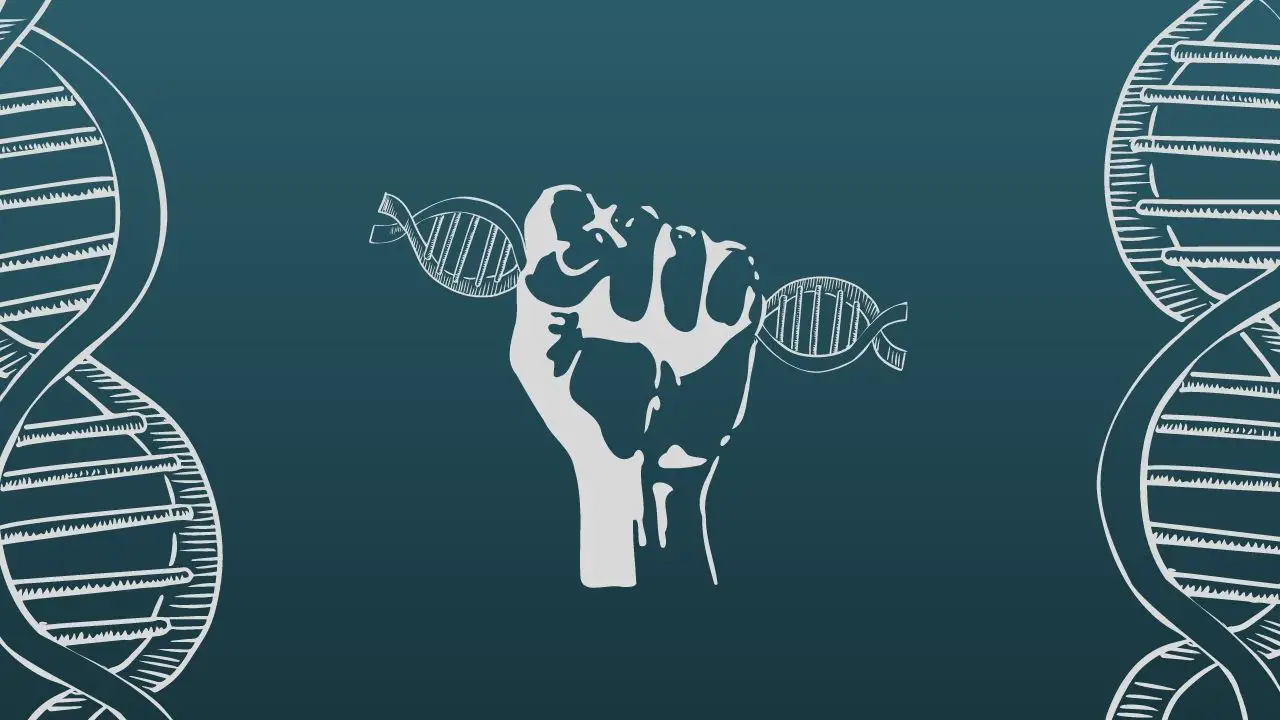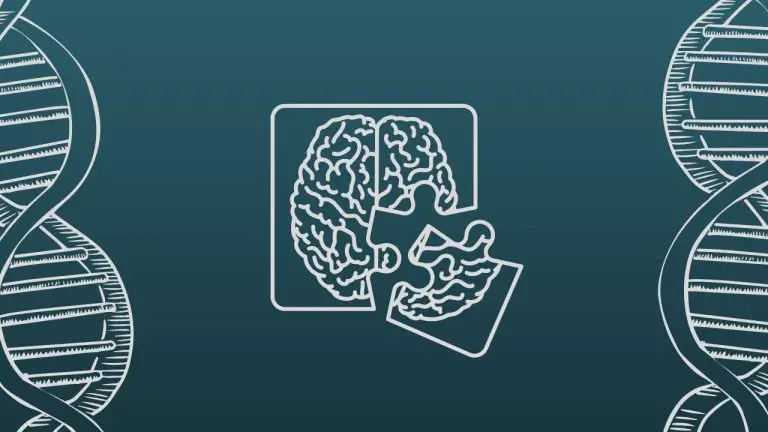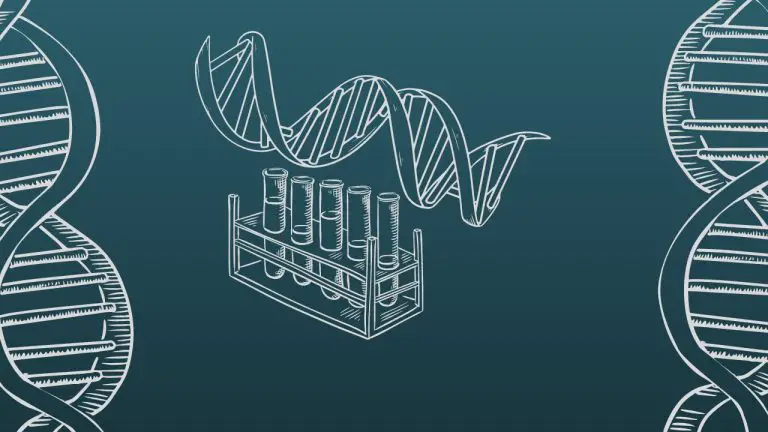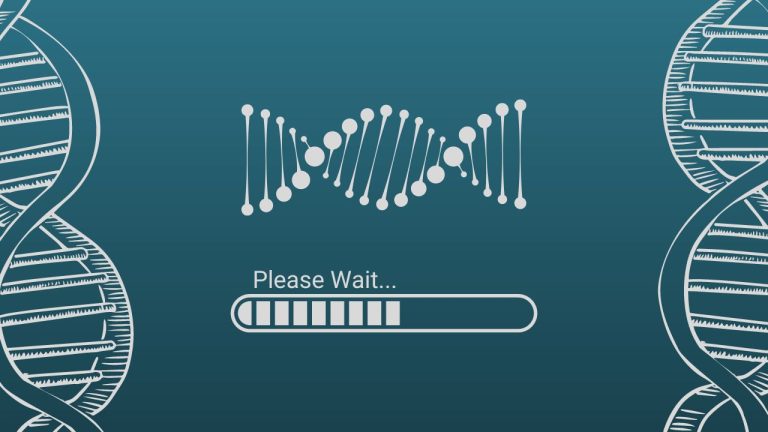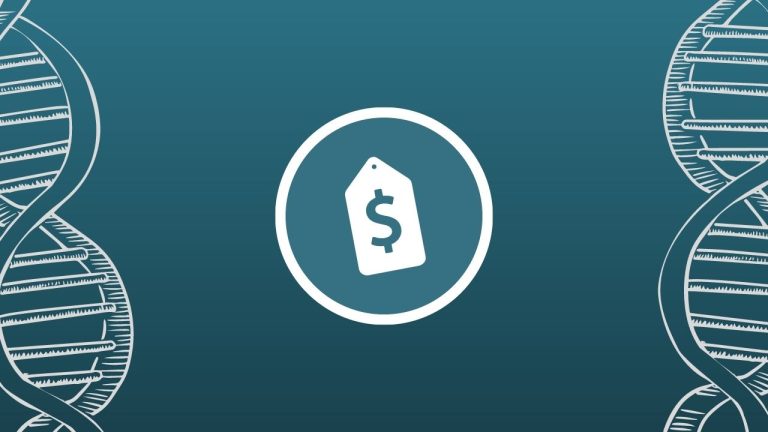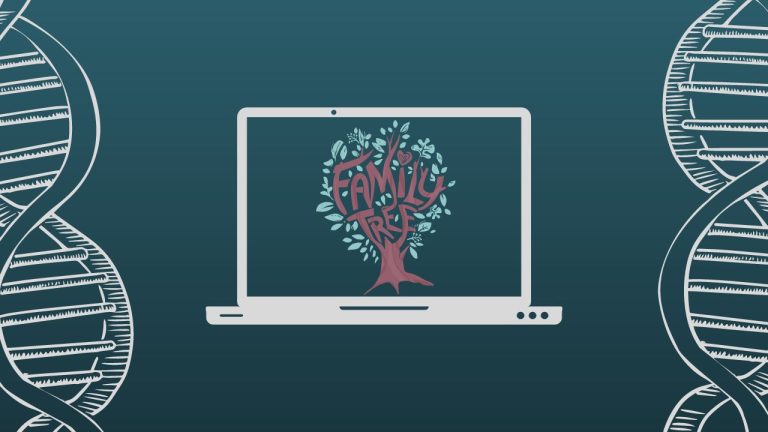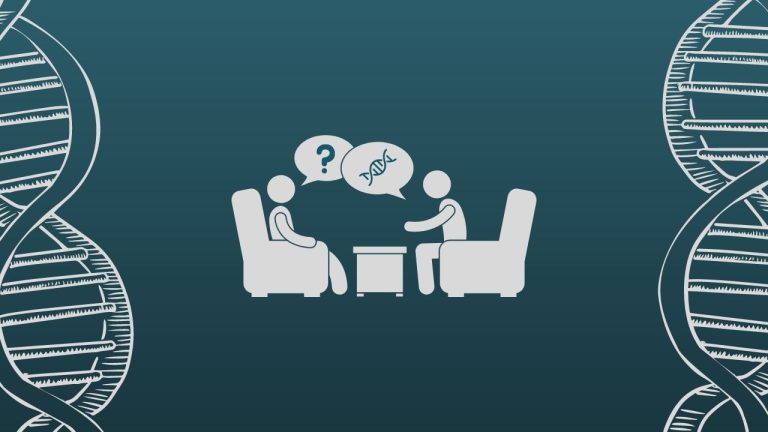Good Genetics
Every individual is distinct. Your genes contribute to your individuality. Genes are the instructions contained within each of our cells.
They have control over how you look and how your body functions. Because everyone’s gene is subtly different, we all have special instructions.
One of the reasons you are special is due to your genes. Genes can influence the risk in a family of developing certain health conditions. But also give you the traits and features of your parents and family.
Changing a gene’s instructions may cause certain diseases in a family, such as diabetes, heart disease, or cancer.
According to studies, the influence of genes on blood pressure ranges from 30 to 70%, depending on the person. Though Some people’s traits are given a slight genetic boost.
It is important to note that, there is no scientific backing to prove that a group or race has universally superior genes to any other group or race.

Good genes vs. Bad genes
We get our genes from our parents, who got theirs from their parents, etc. The genes responsible for diseases arrive in us the same way those responsible for hair and eye colour.
Genes play a role in nearly all health conditions. A typical cell has 23 pairs of chromosomes for a total of 26. 22 pairs of chromosomes are the same in males and females, known as autosomes.
The 23rd pair, known as the sex chromosomes, determines the sex of the baby. Certain traits are inherited from both the father and the mother.
The following characteristics are believed to be inherited from the mother:
- Hair texture
- Hair Colour
- Healthy eating habits
- Intelligence
- Dominant hands
- Migraines
The following traits are believed to be inherited from the father
- Eye colour
- Fingerprints
- Teeth structure
- Sneezing
- Mental disorders
Good genes provide a good foundation for a healthy life. Let’s take a look at the impact of good genes on the following;
Attractiveness

Several studies have attempted to link facial beauty and genetics. Some genes have been identified across individuals and are tagged as attractive gene cuts across both genders.
Research shows that specific genetic variants attributed to beauty were also related to genes affecting body mass.
On the other hand, certain genetic variants associated with attractiveness in males were connected to genes affecting blood cholesterol levels.
Like many other human traits, no master gene determines a person’s beauty. However, it is largely linked to multiple genetic components with weak effects.
Intelligence
Studies have shown that genetics play a more crucial role than environmental factors in determining an individual IQ.
However, you must note that a single intelligence gene does not determine intelligence. Rather it is induced by a series of complex interactions between many genes.
It is important to note that good genetics and the environment also play a role. According to research, IQ scores of identical twins may be more proportional than those of fraternal twins.

Similarly, studies show that siblings raised in the same environment have more similar IQs than adopted children raised in the same household.
According to one study published in Nature Genetics, at least 22 specific genes are related to intelligence.
Based on genomic analyses, genes controlling cognition are more likely inherited from the mother than from the father.
Several of the alleles containing intelligence determinants are carried on the X chromosome. Women possess two copies of the X chromosome while men have just one.
Disease Resistance
According to a study published in Evolution, resistance to specific infectious diseases may be passed down genetically from parents to the child.
Families may benefit from disease resistance because those who carry the gene are less likely to get sick and spread the disease.
The study’s author Paul Schliekelman used a mathematical model to calculate the possible effect of kin selection on natural selection. Below are the conclusion of his research;
- There is a high risk of contracting infectious diseases from family members.
- If a relative carries a gene that confers disease resistance, other relatives will be less likely to contract the disease.
- Resistance genes for infectious diseases tend to congregate in families. As a result, the resistance genes in a family assist one another, leading to an increase in natural selection.
Aging Genetics

According to the genetic theory of aging, your lifespan is largely influenced by the genes we inherit. People whose parents or ancestors have lived longer are more likely to live longer and vice versa.
For example, the gene that helps a person metabolize cholesterol would also reduce a person’s risk of heart disease. Gene mutations that are inherited help to shorten lifespan. However, not all gene mutations are bad for you.
Beneficial Genetic mutations
Some genes, when mutated, can be harmful. However, some specific variations can predispose you to have super qualities.
1. hDEC2 and the super sleeper mutation
Individuals with this gene are also called short sleepers, as they can get energized with only a few hours of sleep. Researchers believe these special abilities are linked to specific genetic mutations identified as the hDEC2 genes.
2. ACTN3 and sprinting
Although everyone has a gene known as the ACTN3, some people possess certain variants that help their bodies to produce special proteins known as alpha-actinin.
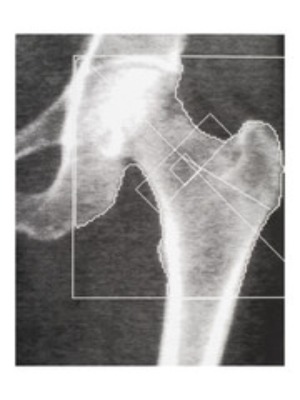
This protein regulates muscle fibre cell, which is responsible for speedy tensing and flexing of the muscles involved in sprinting.
3. LRP5 and dense bones
Mutation of the LRP5 gene may cause weak bones and juvenile osteoporosis. However, a variation on the same LRP5 gene confers strong bones on carriers.
4. CETP and the low cholesterol mutation
While your environment and what you eat affect your cholesterol levels, genetics also play a significant role. Variations in the gene responsible for producing the CETP protein leads to its deficiency.
The lack of this protein is associated with having higher amounts of good cholesterol, which helps deliver cholesterol to the liver to be eliminated from the body resulting in lower cholesterol levels.
Bad Genes and Genetic Disorders
Bad genes are often a result of genetic mutation that affects your genes. Your DNA instructs your body to make proteins that make your body function and keep us healthy.
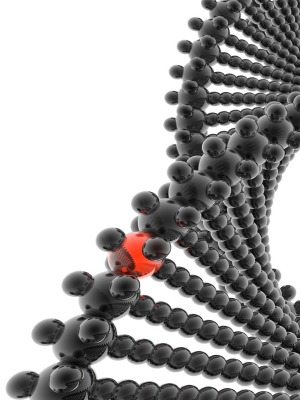
When a mutation occurs, it affects the gene protein-making instructions. Carrying a mutation does not always guarantee you will have a disease.
Genes change due to mutations in the DNA. This variation may show symptoms at birth or develop over time. There are many genetic disorders including,
- Cancer
- Arthritis
- Diabetes
- Coronary artery disease
- Late-onset Alzheimer’s disease
- Cystic fibrosis
- Sickle cell disease
- Migraine headache
- Autism spectrum disorder
- Deafness
Signs Of Strong Genes

Some of the signs of the strong gene are the following;
- Strong teeth, gums, hair, and nails: Nails or hair that break easily could be caused by genetic makeup.
- Stable weight: A stable weight that does not see you gaining or losing weight is a sign of a good gene.
- Good flexibility: Move freely in all ways you want, and being able to twist your torso to look behind you are good signs of a strong gene.
- Good social interaction: Your ability to maintain good social interactions could be a sign of a strong gene
- Enough sleep: One of the signs of a strong gene is your ability to enjoy good sleep cycles and habits.
- Glowing natural skin
- Clear sparkling eyes
- Good energy levels
- Good physique
How To Tell If You Have Good Muscle Mass Genetics
Gaining muscle and strength takes time. To see results, you must train, eat well, get enough rest, sleep, and be patient.
However, some people are likely to find it easier to develop good muscle than others. Your genetic makeup determines how easy or difficult it is to gain muscle and strength.
The reality is that some people have limitations to what they achieve by building their muscle mass.
Genetics and bodybuilding

While some bodybuilders work extra hard to get a well-chiselled body, others are helped by their genes. Research has shown that a gene called ACTN3 has proven to play a crucial role in muscle size and strength.
This gene produces the protein -actinin -3, which is found in fast-twitch muscle fibres that muscles track quickly. They are responsible for high-intensity sports such as sprinting and weightlifting.
According to research, many people have a faulty version of ACTN3 which means the protein cannot be produced. The functional variant of the gene is more prevalent in elite power athletics than in the general population.
So if your genetic test revealed that you have the functional ACTN3 gene, you most likely have an advantage in strength. ACTN3 is among the several other genes that influence a person’s ability to gain muscle mass and strength.
How do your genes affect your weight and body composition?
A genetic test can tell you how bodybuilding and strength training affects your body composition and weight. Your body composition describes how much of your body mass is made up of fat and how much is made up of muscle.

While hard work is essential for less body developing less body fat and more power, your gene plays a significant role in easily changing your body.
A genetic test would help to provide information about your body responds to strength training.
Below are the three genotypes a genetic test for body composition and weight would reveal:
- Enhanced genotype: If your genetic test reveals an enhanced genotype, you will experience significant gains in body mass and losses in body fats. Individuals with this genotype only need to strength train about two to three times per week.
- Normal genotypes: The majority of the population fall in this category. Individuals with this genotype would lose weight and convert their mass by doing frequent training workouts. The results would not be as noticeable and fast as people with enhanced genotypes.
- Below average genotypes: Individuals in this group would have to do more challenging sessions to stimulate muscle growth.
Your genetics may make or mar your desire to bulk up muscle mass. A genetic test would reveal if your journey to reducing fat and gaining muscle mass would be an easy task.
How can I improve my bad genes?
Your genetics are not your destinies. Your genetic code may increase the risk of developing a certain disease. However, exposures and lifestyle choices are also crucial to determine whether those genes can hasten the disease process.
The study of epigenetics indicates that how we live our lives influences genes that turn off or on. The following practices can help suppress your bad genes and keep your good genes working at optimum.

1. Eat right
Eating right is necessary for keeping you healthy. You should eat whole food and an organic diet. Ensure you avoid refined carbs like bread, sweets, and pasta. It is critical to highlight an entire food micronutrient-rich diet. Specific nutrients such as Vitamin B12, riboflavin, and methionine help to improve the regulation. Of genes.
2. Exercise
Exercise helps to boost a process known as methylation. This process occurs when molecules known as methyl groups attach to DNA allowing genes to express themselves and function better.
Genes are unable to turn on or perform their tasks. Exercise can also help to reduce the overall inflammation within the body and lower the risk of developing diabetes and other chronic ailments.
3. Sleep
Poor sleep affects the number of inflammatory chemicals that help decrease gene methyl methylation. Sleep can also lower insulin resistance among individuals with diabetes.
4. Stress management
Stress can be quite dangerous, especially for people with certain medical conditions. Some of the symptoms of stress include high blood pressure, and exhaustion, properly managing your stress can help you enjoy a calm mind that promotes healthy living.
Conclusion
Researchers are learning more about genetics. While good genes promote a healthy life, some genes may predispose you to certain genetic diseases.
As genetics research continues to deepen, you can use lifestyle tools to maintain your good genes and suppress bad genes.

